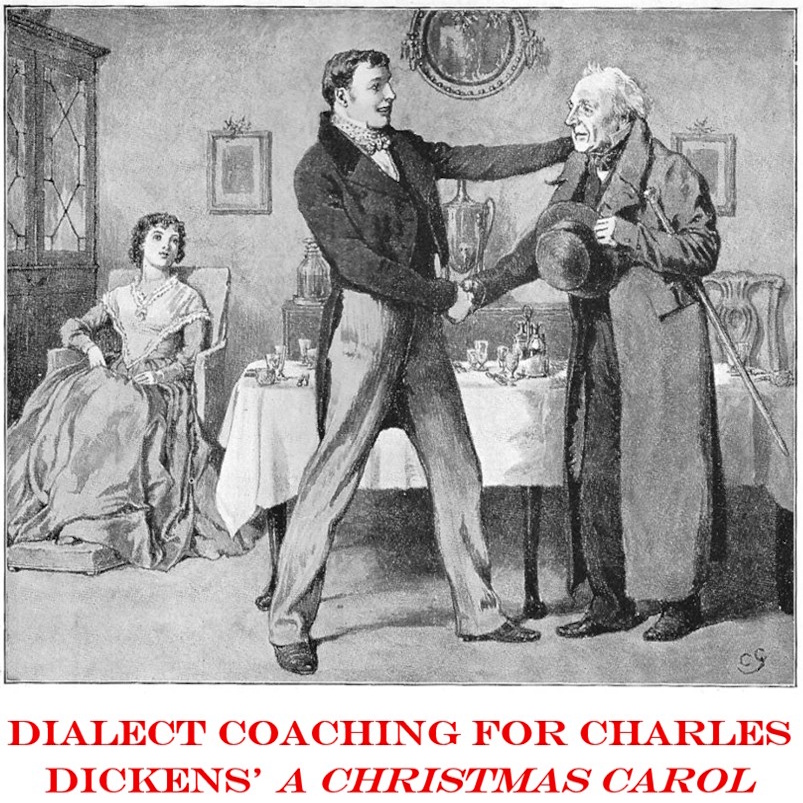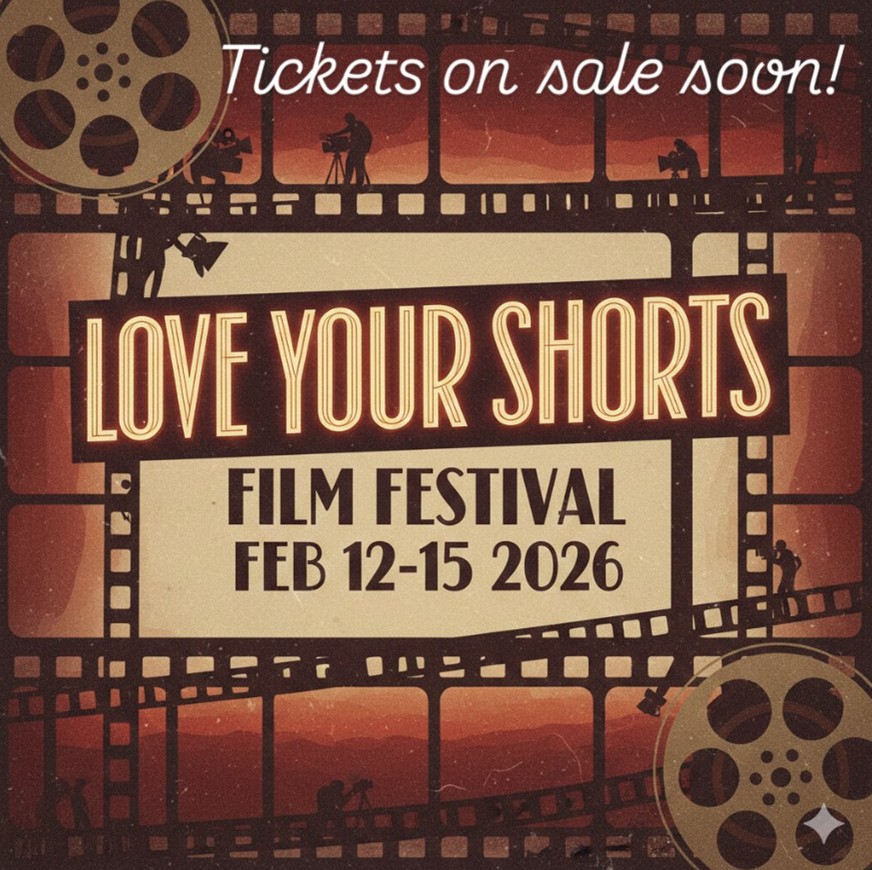Kentucky 6
Listen to Kentucky 6, a 38-year-old man from Bethlehem, Kentucky, United States. Click or tap the triangle-shaped play button to hear the subject.
Both as a courtesy and to comply with copyright law, please remember to credit IDEA for direct or indirect use of samples. IDEA is a free resource; please consider supporting us.
BIOGRAPHICAL INFORMATION
AGE: 38
DATE OF BIRTH (DD/MM/YYYY): 1962
PLACE OF BIRTH: Shelbyville, Kentucky
GENDER: male
ETHNICITY: Caucasian
OCCUPATION: student
EDUCATION: N/A
AREA(S) OF RESIDENCE OUTSIDE REPRESENTATIVE REGION FOR LONGER THAN SIX MONTHS:
He was raised in Bethlehem, in Henry County, Kentucky, in the northwestern part of the state between Louisville and Cincinnati. He has lived in Florida and Los Angeles as an adult but in recent years has returned to Kentucky, where he attends college.
OTHER INFLUENCES ON SPEECH:
Listen as he “corrects” much of his speech in his reading of The Rainbow Passage but speaks in a strong country dialect when telling his childhood stories of life on the farm.
The text used in our recordings of scripted speech can be found by clicking here.
RECORDED BY: Rinda Frye
DATE OF RECORDING (DD/MM/YYYY): 23/04/2000
PHONETIC TRANSCRIPTION OF SCRIPTED SPEECH: N/A
TRANSCRIBED BY: N/A
DATE OF TRANSCRIPTION (DD/MM/YYYY): N/A
ORTHOGRAPHIC TRANSCRIPTION OF UNSCRIPTED SPEECH:
I guess you could say I was raised as a farm boy. I grew up on a farm, small rural area. I guess my closest friends were a mile away. Did have’s a couple friends, though I saw some as a child every now and then they would come over. Moanly — mainly, I remember, uh, feeding the pigs, getting hay, cutting wood, feeding the chickens, getting the chicken eggs outta there. I hated that; chickens would always wanta peck ya when you was trying to get the eggs. I didn’t like that ‘specially if they were setting to raise the little chickens — you’d have the whole pile of eggs under our hen, and, uh, she wouldn’t even want ya to touch ‘em. Then, uh, slopping the pigs, of course, that that was always bad. We used to go to the closest elementary school, and after all the kid’s meals that they ate that day they’d put all the food into buckets for us, and we would bring five-gallon buckets out to the farm, and I would feed ‘em to the pigs at night. And the horses, I remember the horses a lot. I really loved horses; they were really great. Horses were almost like people if you had them to do go do whatever there chore was a time or two, they could do it by themselves. Mainly, I remember when we was cutting cedar logs; we used to cut these logs, and I would hook up the horses you would have a doubletree, that’s what it’s called, so you could hook two horses together; then they would go to one chain to pull the logs. I used to ride on this double tree; it reminded me like I was, uh, in a chariot or something. I felt like I was, ya know, like in the ancient times riding in a chariot out through the woods; it felt really great. And like I said, the horses were so smart that after a few trips they could go for a half mile or a mile on their own and you would just have one person to hook them up on one end where the trees were, and the other at your other end where the wagon was, and the horses would do all the work for you. They would just go back and forth. All you had to do was hook them up, and no one would have to be with them. They were really smart. We had a horse called Joe, O- Jo we called him, and Roney. I think O-Jo would probably been hurt before we got him because he was really scared when we first got him, and if you rattled wire around him he would jump and stuff; we felt like someone had probably beat him with barbed wire, but he grew out of that, and he became our best horse but he still was destined to die. He, uh, got shot. Some people were visiting a neighbor of ours one day this guy that had just gotten out of prison, and he got a gun and shot our horse, and he shot him and killed him. And that was the end of Joe, and this was a really great horse. And then, uh, what else was growing up on the farm; the farm was filled with a lot of good things, though, that was the sad thing. But the good things way outweighed the sad things that happened. We’d go hunting at night and spend all night hunting, and then the dogs would get lost and spend most of the time the hunting would be hunting the dogs, the no-good dogs, of course. The good dogs always would come back every night, but the no-good dogs would be hunting raccoon, but they would decide they wanted to chase a deer, and deers run really fast so your dog goes miles away in one night so you’re like looking for three or four days at a time to try and find your dog. And that was most of what hunting turned into being: hunting the dogs instead of hunting the animal. And then, uh, back to the pigs. The pigs were nasty, like I said, but they had the best meat, ya know; we fresh coat our farm animals, the chickens and the pigs, and the pigs I was always the one who wound up doing the killing, and I would shoot them, but the way you shoot them you make a cross between their ears and their eyes, and right in the center point is where you shoot; that way the pig there’s no pain; it just goes down. It shot it right in the brain instead. Then we would cut, we would hang them up and gut them and then scald them in these big pans. And, uh, I know it sounds all horrid to whoever may be listening to this, but it is the way it’s really done, and I don’t do it anymore; I go to the store and buy my food now, but I remember the last thing I ever killed was a, a rabbit. I was a really great shot. I was really good with a rifle. My brother, he knew I didn’t want to hunt anymore so he bet me one day that I couldn’t shoot this rabbit. It was like a hundred fifty yards away; of course I hit it, killed it, just fell over. That’s the last animal I ever killed. It’s like I don’t wanna kill animals no more. Even though it was so much of my existence, and our food we weren’t just hunting animals for trophies, we ate them. You know, this was real existence. And but I just didn’t want to do it no more. It’s like I would rather find some way to make the money and buy it at the store and not have to go through the killing you’re supposed to, killing your own animals. Even though the meat, I believe, is better; it’s more fresh, and it does have a lot better taste, I rather go to the store. …
TRANSCRIBED BY: Kevin Schuering and Sandra Lindberg
DATE OF TRANSCRIPTION (DD/MM/YYYY): 30/03/2008
PHONETIC TRANSCRIPTION OF UNSCRIPTED SPEECH: N/A
TRANSCRIBED BY: N/A
DATE OF TRANSCRIPTION (DD/MM/YYYY): N/A
SCHOLARLY COMMENTARY: N/A
COMMENTARY BY: N/A
DATE OF COMMENTARY (DD/MM/YYYY): N/A
The archive provides:
- Recordings of accent/dialect speakers from the region you select.
- Text of the speakers’ biographical details.
- Scholarly commentary and analysis in some cases.
- In most cases, an orthographic transcription of the speakers’ unscripted speech. In a small number of cases, you will also find a narrow phonetic transcription of the sample (see Phonetic Transcriptions for a complete list). The recordings average four minutes in length and feature both the reading of one of two standard passages, and some unscripted speech. The two passages are Comma Gets a Cure (currently our standard passage) and The Rainbow Passage (used in our earliest recordings).
For instructional materials or coaching in the accents and dialects represented here, please go to Other Dialect Services.
 IDEA: International Dialects of English Archive
IDEA: International Dialects of English Archive



